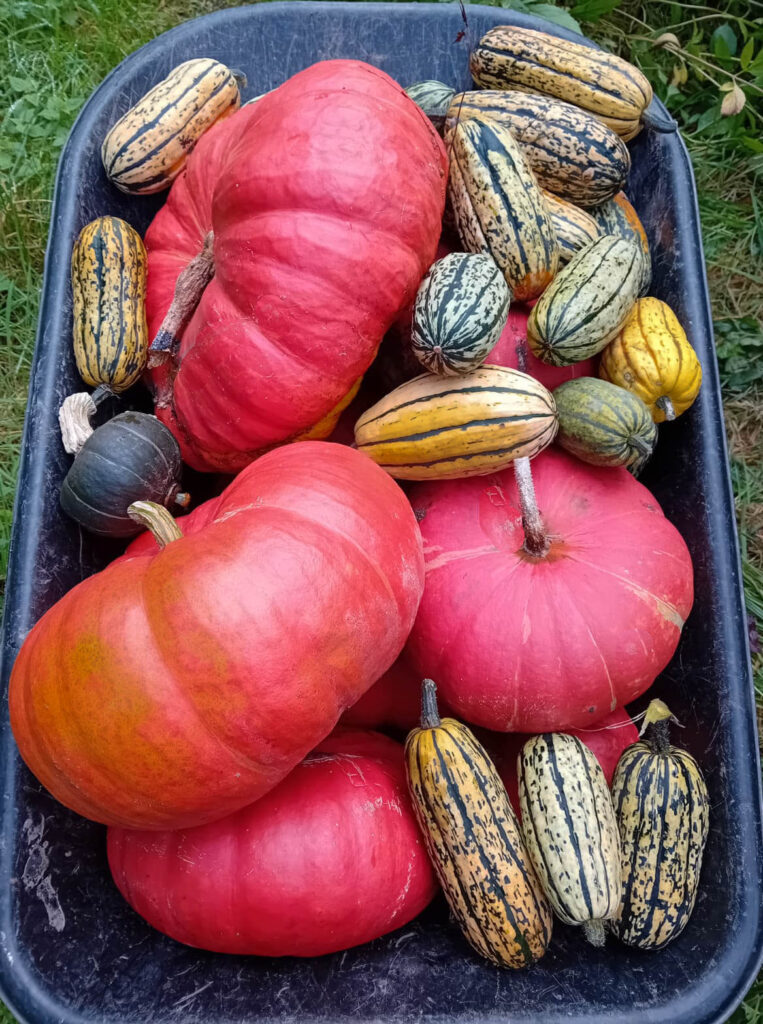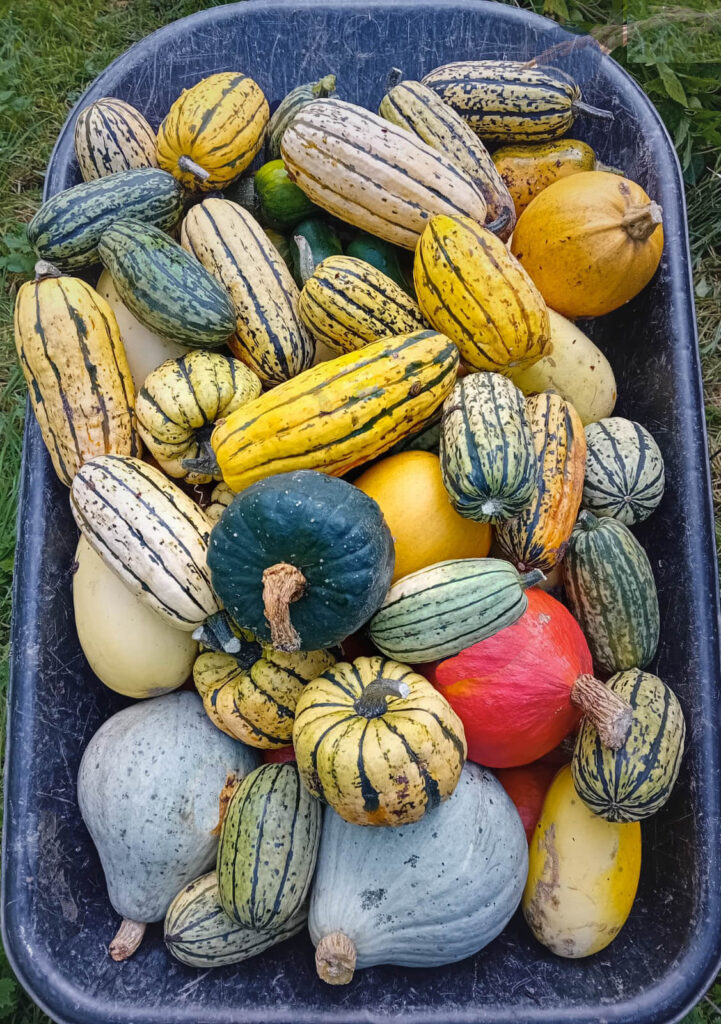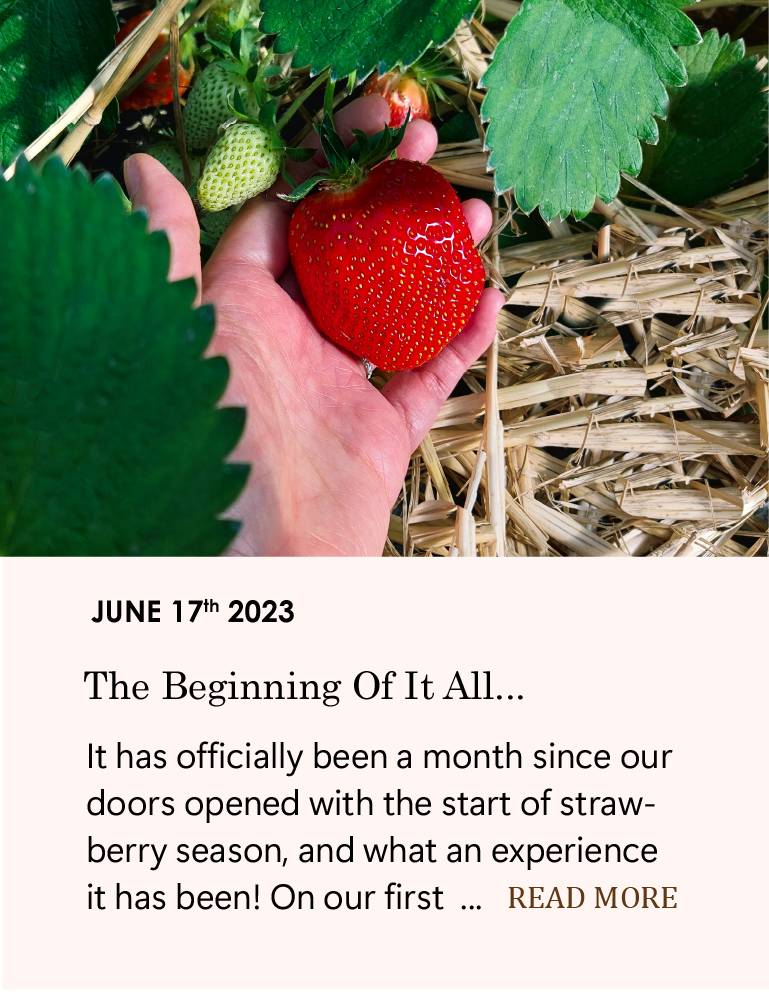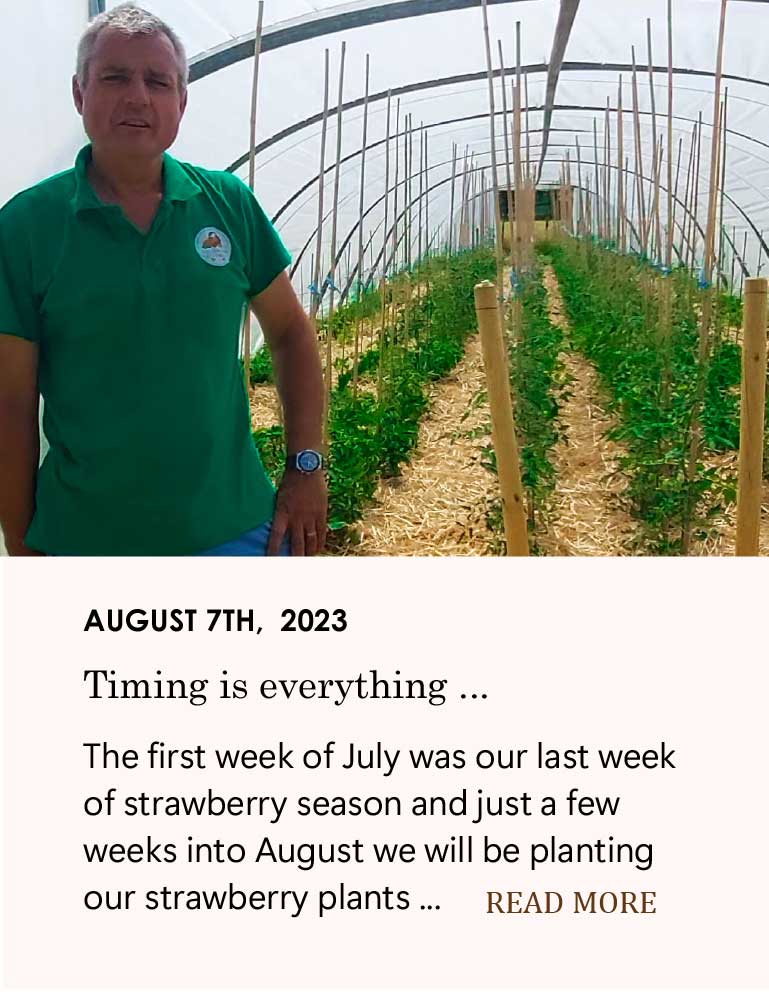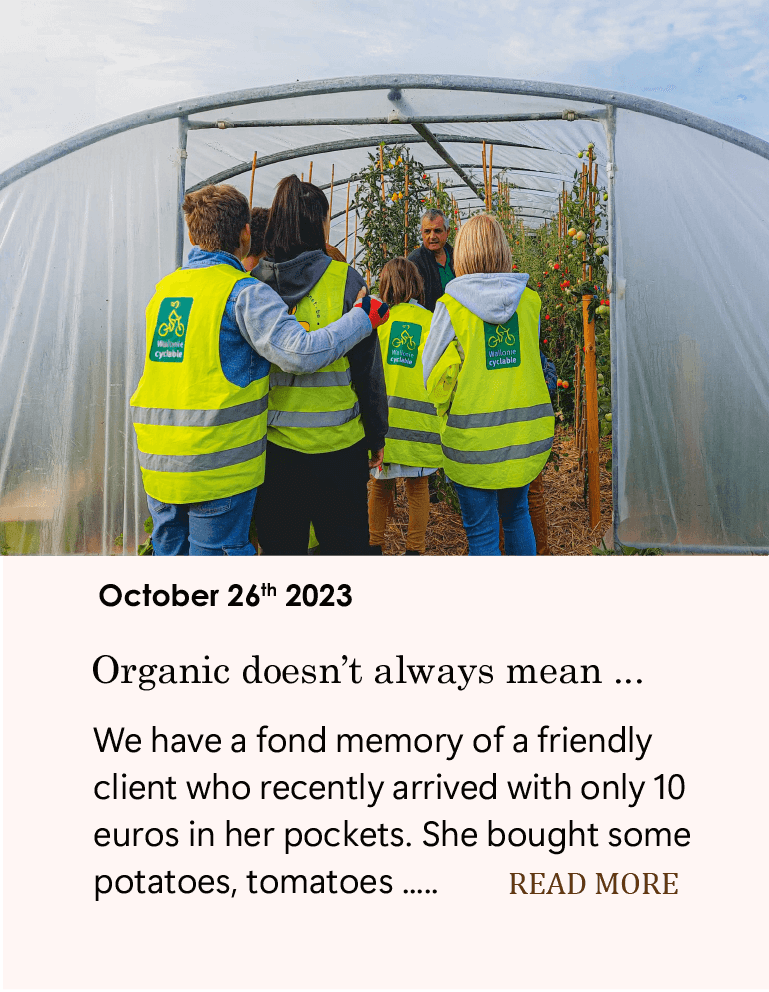JOURNAL
FOLLOW OUR JOURNEY
Follow our journey as we share our experiences of life on the land. Growing food, flowers and supporting small and large ecosystems come with many experiences, lessons learned, and shared memories. We wanted to dedicate a space to record and share these memories with others.
Stay tuned for more updates as our project continues to grow.
June 17th, 2023
The Beginning Of It All
It has officially been a month since our doors opened with the start of strawberry season, and what an experience it has been! On our first day we didn’t expect the crowds that arrived. We reluctantly had to turn people away as our strawberries sold out quickly. What stays with us most is the overwhelming support and interest you’ve shown in our project.
Our Gratitude
Thank you to each of our clients who have taken the time to visit and learn more about Les Jardins D’Esmée. Your enthusiasm and appreciation for our strawberries and future produce means so much to us. We put a lot of love into growing our plants and preparing each package with care before they reach your hands.
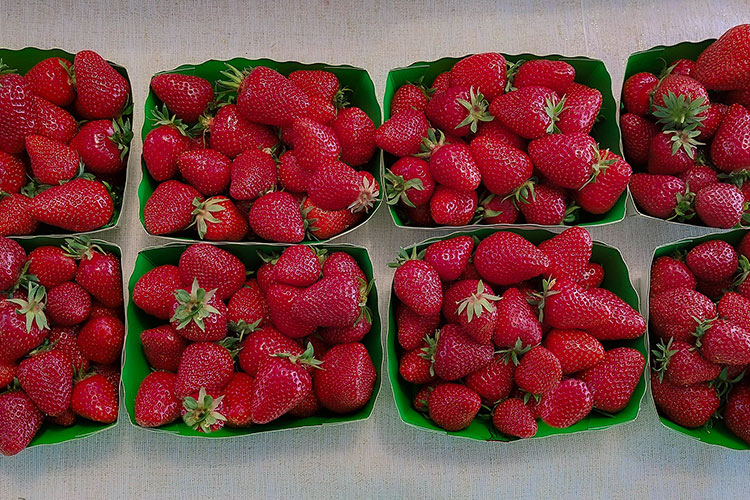
Since our first day and the weeks that followed, here are three things that we’ve learned:
Expect the unexpected
The start of the growing season was complicated this year with unseasonably cooler temperatures. Unexpected long days of rain and little sunshine delayed strawberry season for all producers of the region, so we also felt that pain. Sure enough, things became very hot suddenly and for long periods impacting how quickly the strawberries ripened. The sun made them undeniably sweet, but extended heat can ripen them too quickly. Unable to control the weather, we focused our efforts on maximizing the fruit we had available. On the otherhand, we were pleasantly surprised to have Notélé – Délices et Tralala avec Tonton dedicate a segment on Les Jardins D’Esmée. We enjoyed meeting the kind staff and discussing our project on our field with Tonton, who was very personable. Christophe enjoyed being able to sit down for the chat. Seeing a local station put much energy on highlighting small (but important) businesses in our region is certainly encouraging. Thanks Notélé!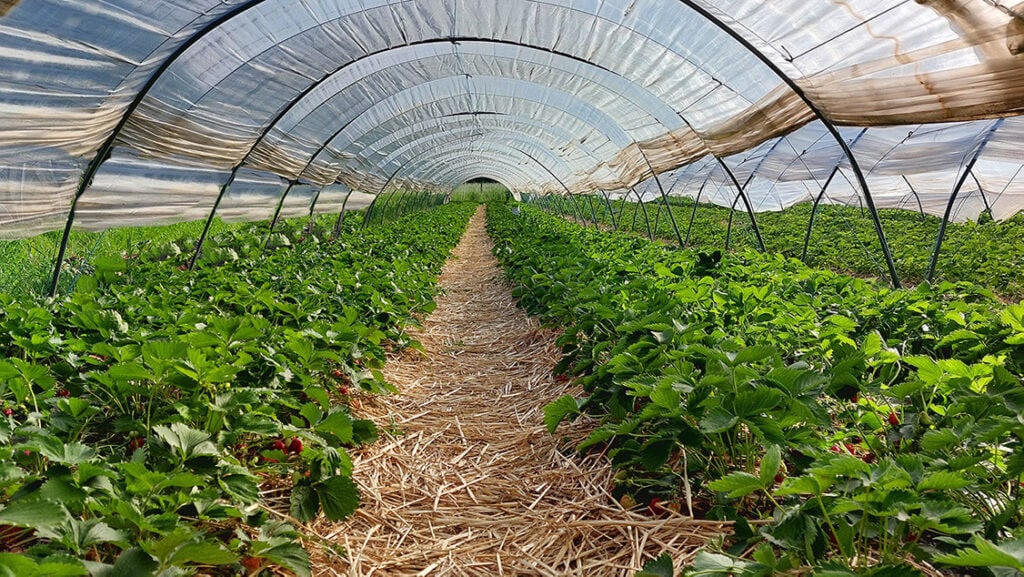
We have a wonderful community
We have enjoyed meeting many new and friendly faces and getting to know more about your stories as well. We’ve met neighbours who live in the area, but also those who live a bit further away. We’ve enjoyed hearing stories ranging from your lives, your jobs, your families, your recipes and learning what you’re trying to grow in your own garden. We even met a lovely couple also with a little girl named Esmée (the same name as our daughter). We watched the two Esmée’s played together for a little bit on our field.
Just know, if you’re ever in the area and want to learn more, you can contact us to arrange a little tour to learn more about what we are growing.
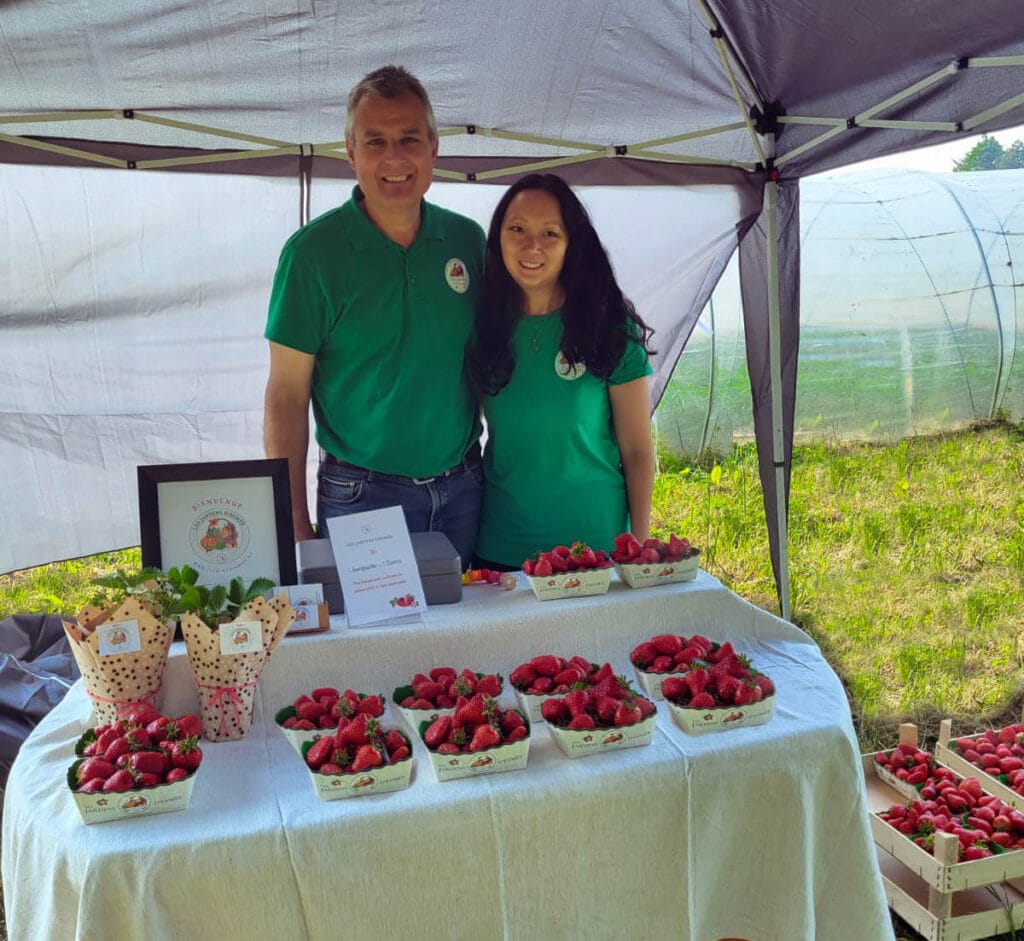
Photo : Nataliia Stepina
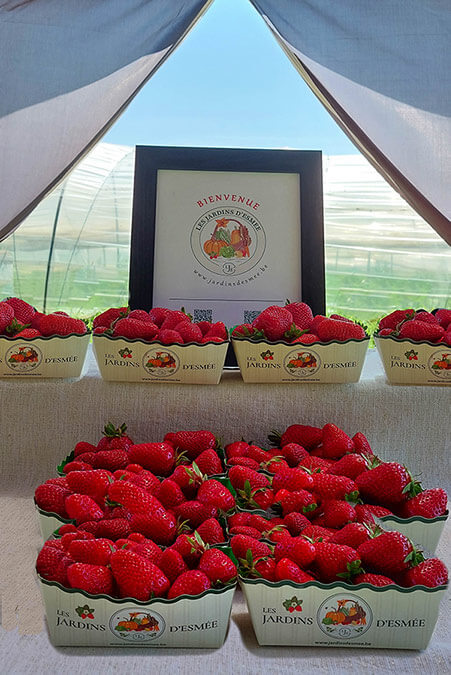
August 7th, 2023
Timing Is Everything, 0% Pesticide Use
The first week of July was our last week of strawberry season and just a few weeks into August we will be planting our strawberry plants for the 2024 season. We’re learning very quickly how much timing is important in working with the land. The delicious strawberries you eat in March/April go through a long period of growth and care before they’re ready for the market in the Spring. Good timing for us means following the rhythms of nature so that we are growing, harvesting and watering at the right moment.
The Business of Growing
Life on the field is a busy one. Every day of the week there is something that needs to be done – but it’s work we look forward to doing. Seeing our cabbage, celery, parsley, pumpkins, courgettes and many other vegetables grow from the seeds we started in the Spring gives us much motivation to ensure we take proper care of them before it’s time to harvest and pass them onto our customers. It’s the business of growing and we are learning to follow the timing of nature.
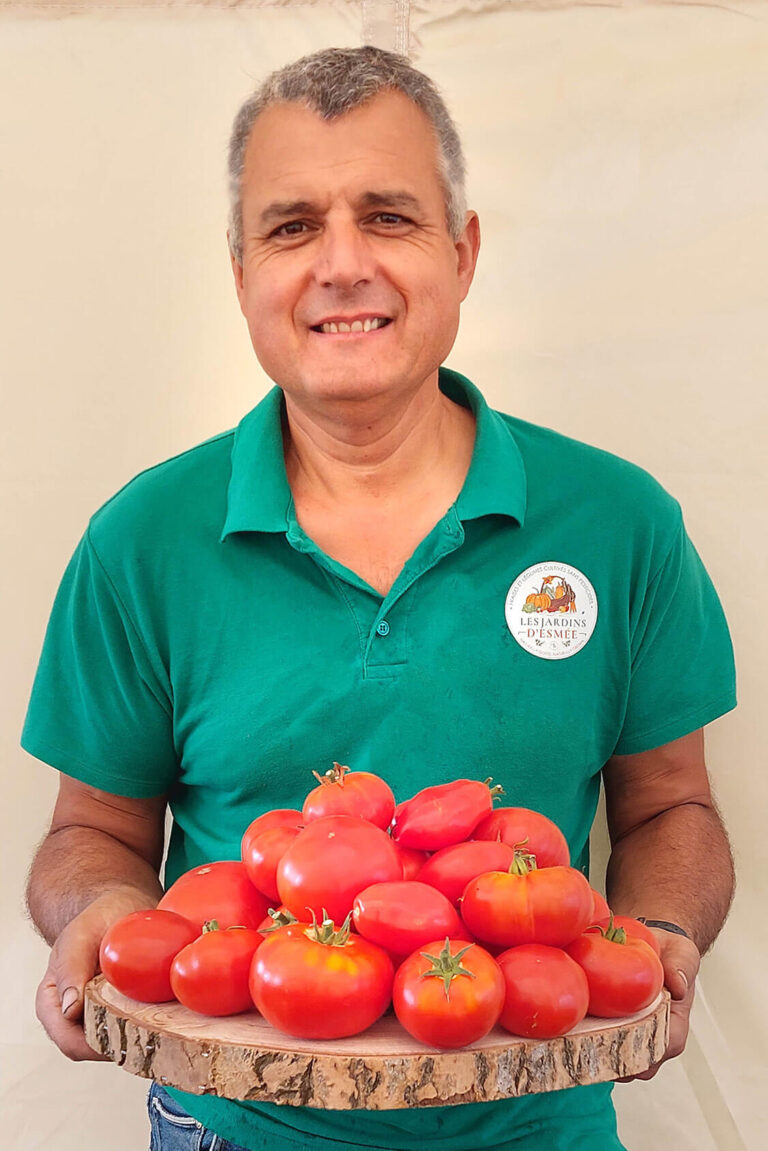
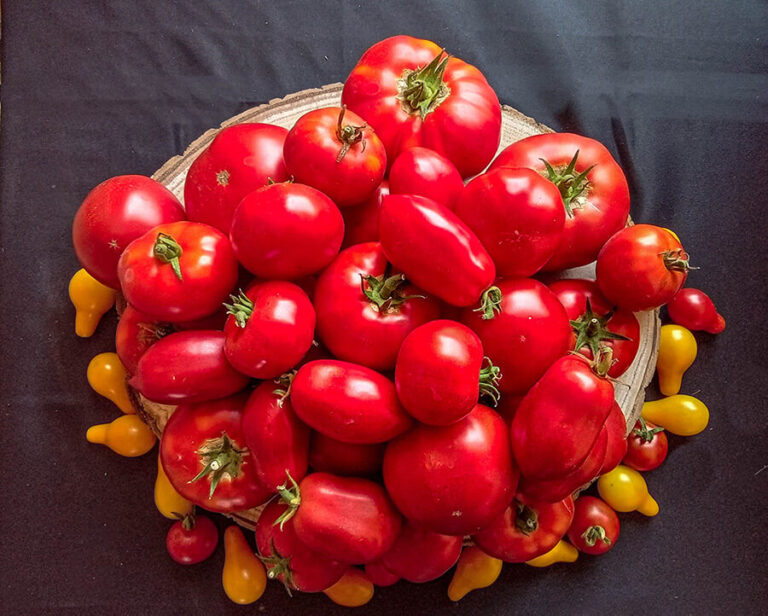
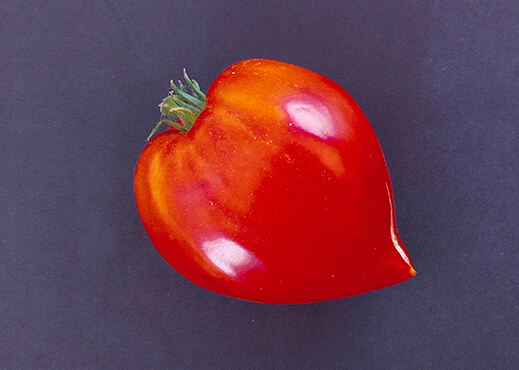
People often ask us: Are your products really without any treatment or pesticides?
Our answer: yes, nada. Absolutely no pesticides. Our strict 0% pesticide policy means more manual hands on work, more maintenance and more weeds to manage. It means we may lose strawberries or vegetables due to mold or other diseases or pests but we will be confident we offer food that has the least negative impact on people’s health or the environment. Our strawberries will be officially certified organic in three years and our vegetables in two years. But even then, our 0% pesticide policy will still be the same.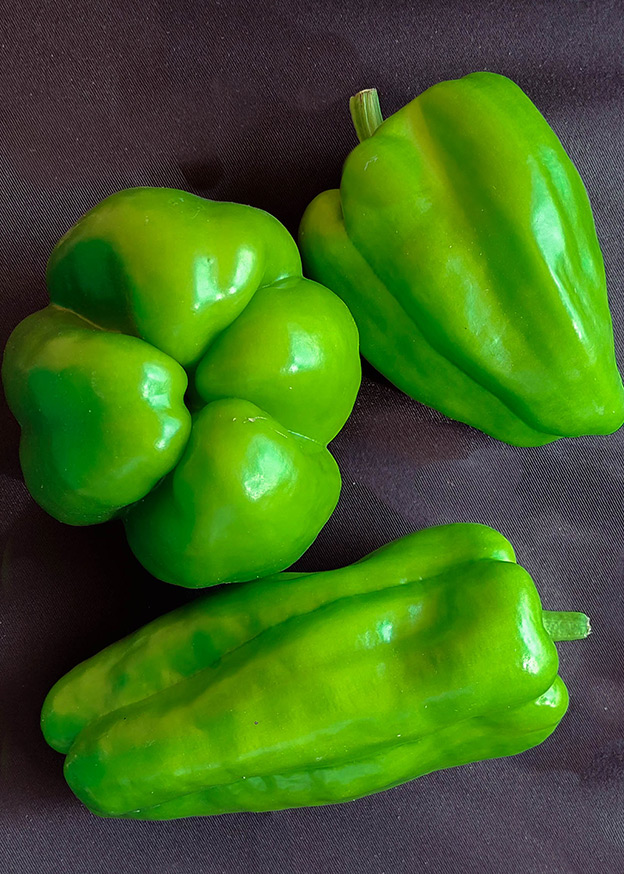
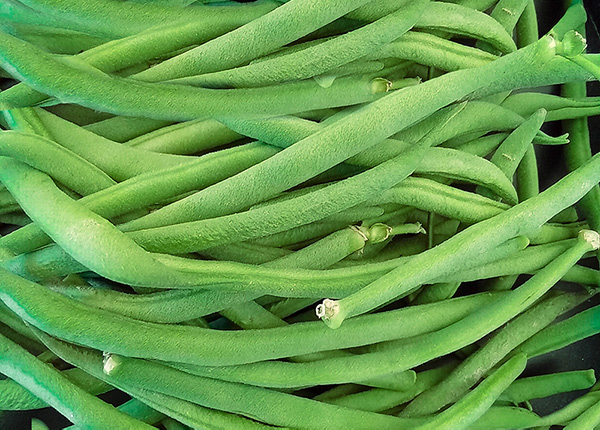
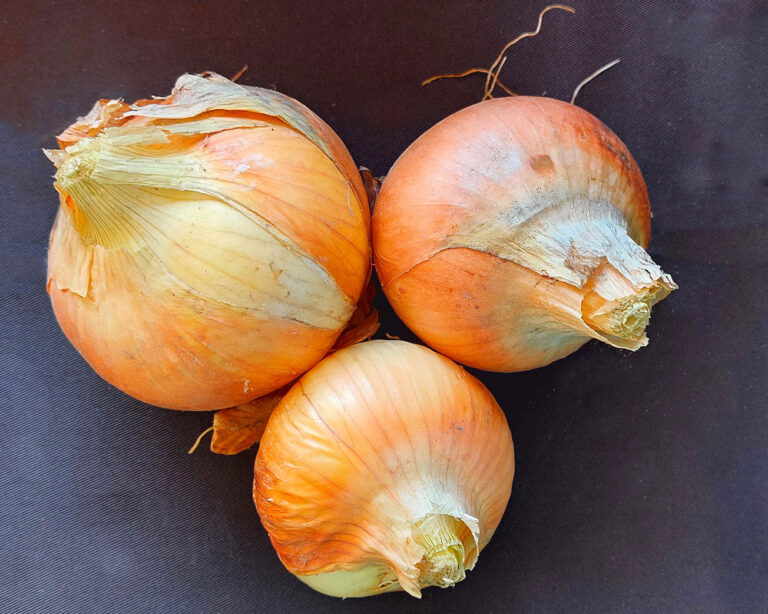
Behind the labels ‘organic’ and ‘raisonnée’ are specific standards that permits the use of fertilizers and pesticides. In the case of organic crops, only fertilizers and pesticides of ‘natural’ origin are permitted.
Wherever you buy your food, we encourage you to ask about its’ origins and the growing practices used in the fruits and vegetables you’re buying. That’s the advantage of buying local.
Ask about the soil they’re grown in, what if, any treatments are used to treat the plant, kill pests or to increasing the shelf-life of the food. Just as we read ingredients on the labels of packaged food, knowing where and how our fruits and vegetables are grown are equally important.
October 26, 2023
Bio doesn't always mean more expensive, school visits and planning for the next year
Buying organic (in our case ‘without pesticides’) doesn’t mean items are necessarily more expensive. When we started this project, one of our goals was to make our food easily available and affordable to the community. Good health starts with good food and something everyone should have access to with minimal impact to the environment.
According to another customer, he purchases from us not because we provide pesticide free products but because he appreciates the heightened flavours and taste of our vegetables compared to large scale and conventionally grown produce from elsewhere. It all starts with the soil. The health of the soil impacts not only the nutrient levels of the vegetable (or fruit) but also affects their flavour. You can learn more about how we work with our soil here.
Visits from Ecole Les Co’Kain
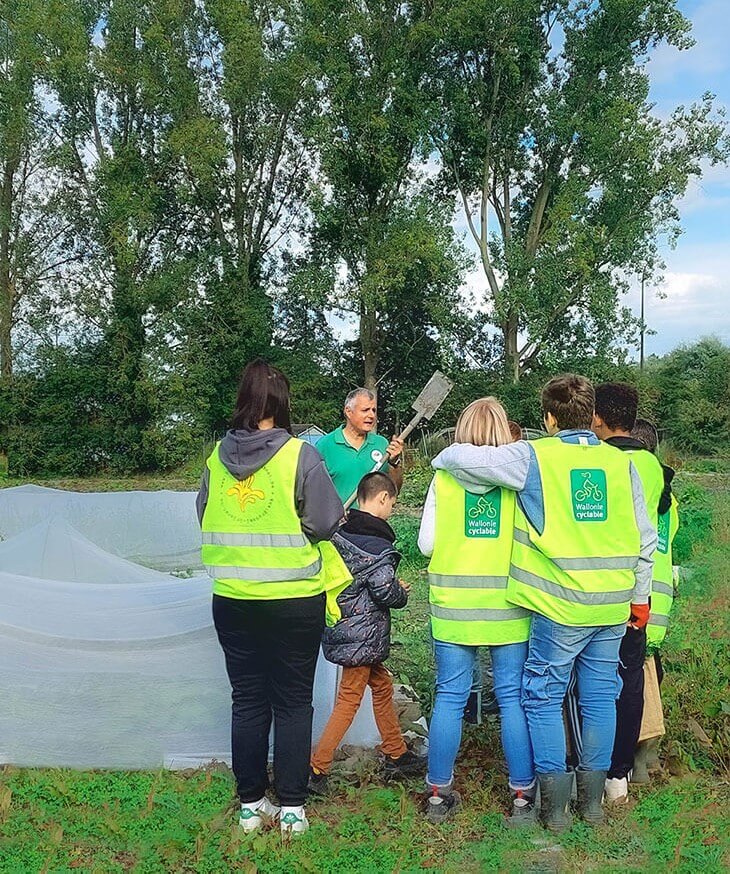
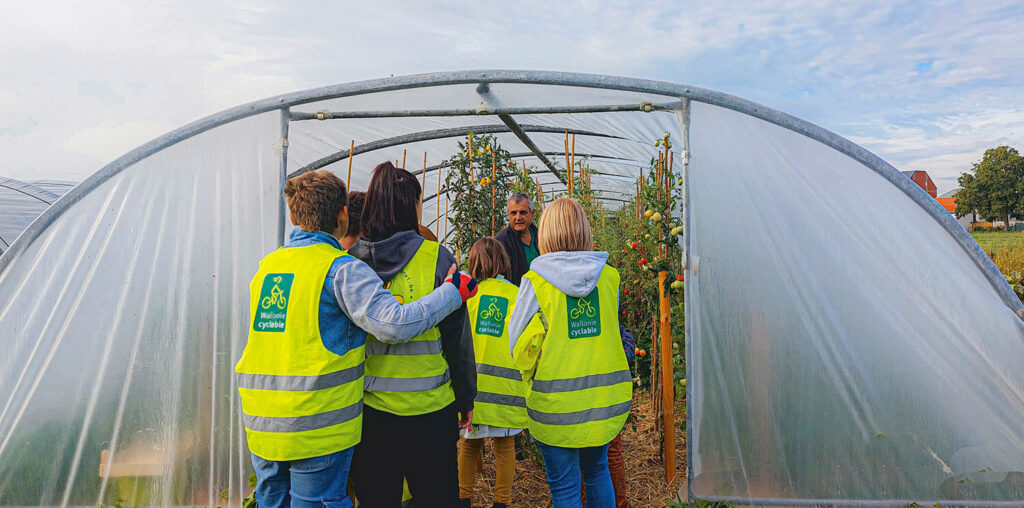
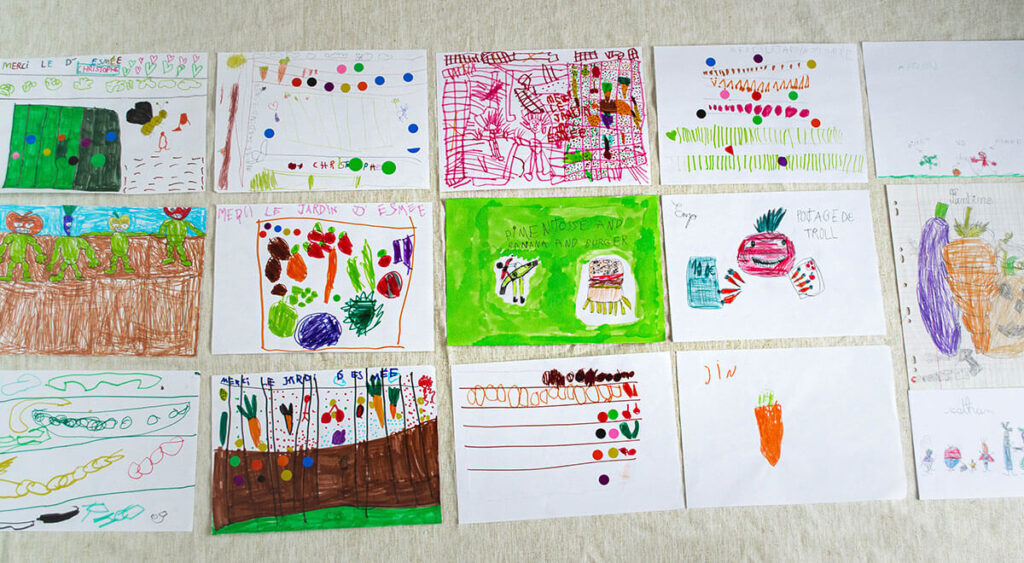
Planning for 2024
Before we started this project, we had the initial goal of growing over 20 different products to have for sale on our tables. We met this target in August and learned a lot in the process. Many of our melons unfortunately were devoured by insects before we could find a solution but we do have in mind some different approaches we can use next year to minimize this.
This first year has been an experiment for us to understand what products our clients really appreciate and what we need to produce more of. We’ve received requests for less commonly found vegetables used in different cuisines. Examples are Japanese eggplants and bitter cucumber. We will be doubling our production surface next year and plan to expand our range of products. If you have any particular vegetable you would like us to cultivate that might be hard to find elsewhere, we would be happy to hear from you. Feel free to contact us here and share your ideas with us.
